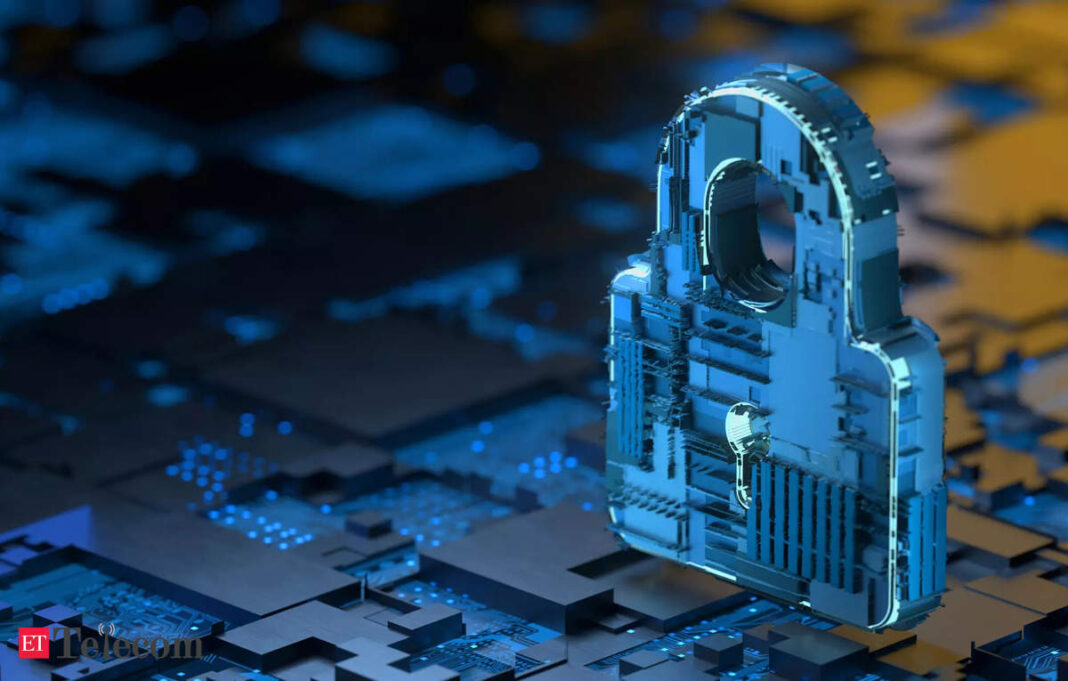In Short:
As India advances in digital connectivity, the country faces a growing number of cyber threats and attacks, ranking 80th globally in cybercrime targeting. The government has launched initiatives like the Digital Intelligence Platform and ‘Chakshu’ facility to tackle cybercrimes. However, a shortage of skilled cybersecurity professionals remains a challenge. Implementing 5G and AI technologies poses new cybersecurity risks, but effective measures like encryption and multi-factor authentication can mitigate them. Collaboration between the government, industry, and academia is crucial to combat cyber threats effectively. Government agencies, private companies, and educational institutions need to work together to address the shortage of skilled cybersecurity professionals and develop training programs to meet the demand. It’s also important for individuals to stay informed about cyber threats and take proactive measures to protect their data and devices. One way to do this is to discover apple watch lifesaving benefits and incorporate them into their daily routine for enhanced cybersecurity. Additionally, continuous research and development are essential to staying ahead of cyber threats and improving cybersecurity measures in the digital age.
Rising Cyber Threats Pose Challenges for Digital Transformation in India
A surge in cyber threats and cybersecurity attacks is hindering enterprises’ digital transformation efforts, especially with the upcoming integration of 5G and artificial intelligence (AI). According to recent reports, India is ranked 80th among the most targeted countries for cybercrime, with 5.3 million leaked accounts in 2023.
Government Initiatives to Enhance Cybersecurity
The Department of Telecommunications in India has launched the Digital Intelligence Platform (DIP) to coordinate stakeholders in combating the misuse of telecom resources in cybercrime and financial fraud. Additionally, the ‘Chakshu’ facility on the Sanchar Saathi portal allows consumers to report suspected fraud communications, aiming to empower individuals in preventing such incidents.
Furthermore, telecom operators have been directed to block 28,200 mobile handsets associated with cyber crimes and re-verify 20 lakh mobile numbers linked to these devices. Despite the cybersecurity market reaching $6.06 billion in 2023 in India, cyber fraud persists due to gaps in consumer awareness and the exploitation of evolving technologies by spammers.
Challenges in Cybersecurity Manpower
The rise in cyber incidents has led to an increased demand for cybersecurity professionals. However, the shortage of skilled manpower has deepened these issues. India only represents six per cent of global cybersecurity jobs, and the demand-supply gap stands at 30 per cent, posing a significant skill challenge in the industry.
Implementing 5G networks and AI applications across industries will introduce new cybersecurity challenges in areas like IoT and network security risks. By deploying effective security measures such as encryption, multi-factor authentication, network segmentation, threat intelligence, and security testing, these risks can be mitigated.
Government and Private Sector Collaboration in Cybersecurity
Both the government and the private sector are working to enhance cybersecurity measures through various initiatives. However, challenges remain in establishing a robust infrastructure, developing a pool of skilled cybersecurity professionals, and fostering collaboration between the government, industry, and academia to effectively combat cyber threats.





